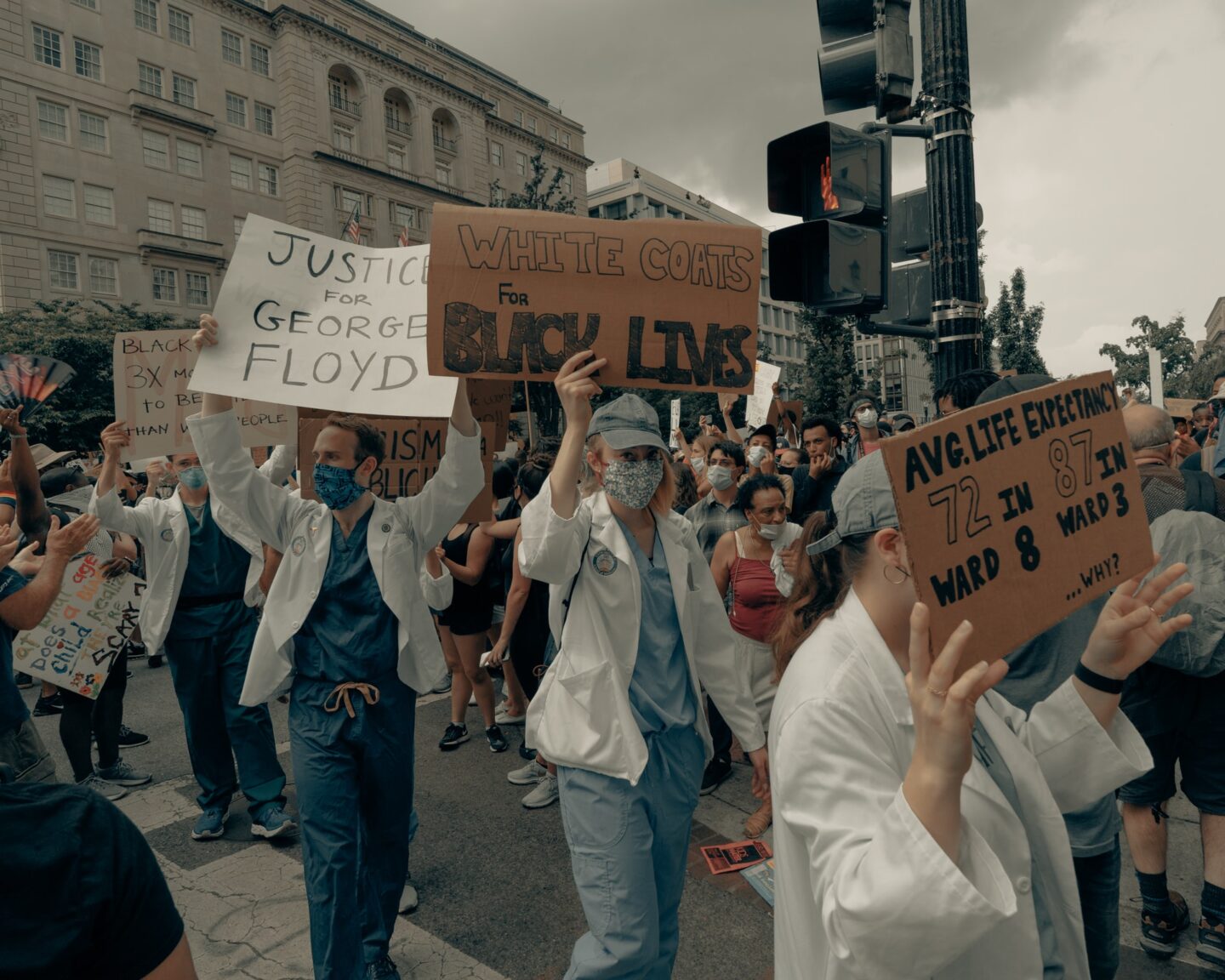By Chris Bent, TRUST President
The recent verdict finding former Minneapolis police officer Derek Chauvin guilty in the murder of George Floyd marked a pivotal moment for Minnesota and the country. So too did the statement, less than two weeks earlier, by the Centers for Disease Control and Prevention (CDC) that racism is a serious threat to the public’s health.
While other health organizations declared racism a public health threat months ago, including the American Medical Association in November 2020, the declaration by the CDC is historic. The CDC, one of the major divisions of the Department of Health and Human Services, is the largest public health group to make this statement.
Rochelle Walensky, MD, MPH, Director of the CDC, detailed how the COVID-19 pandemic disproportionately impacted communities of color and stated, “Yet, the disparities seen over the past year were not a result of COVID-19. Instead, the pandemic illuminated inequities that have existed for generations and revealed for all of America a known, but often unaddressed, epidemic impacting public health: racism.”
The CDC has committed to making investments in racial and ethnic minority communities to address disparities related to COVID-19 and other health conditions. And they will “study the impact of social determinants on health outcomes, expand the body of evidence on how racism affects health, and propose and implement solutions to address this.”
The CDC’s validation that racism is a public health threat is significant for the entire health care industry. As Chandra Ford, Ph.D., MPH, MLIS, and Founding Director of the Center for the Study of Racism, Social Justice & Health, noted, “The involvement of the CDC offers an opportunity for collective efforts toward equity.”
While steps toward racial justice have been made, we still have a long road ahead. We continue to see lower life expectancy for people of color. We continue to see Black people killed at the hands of white police officers. We continue to witness a surge of violence toward Asian Americans and Pacific Islanders.
What can we do? We all have the power to stand for what is right. We all have the power to serve as advocates for justice and equality.
Unsure how to get started? Minnesota’s Department of Health offers equity, diversity and inclusion tools to help organizations integrate equity goals and the Department of Administration has many resources for community engagement.
As President of the Women’s Health Leadership TRUST, I know our organization has its own work to do regarding diversity, equity and inclusion. I had a conversation recently with a Black woman whom I invited to join the TRUST. She stated the TRUST is known to serve white women of privilege. Her candor made me realize the work we have yet to do.
Are we living up to all we can to support all women, particularly women of color, in all that the TRUST does? Currently, the answer is no. We’re not yet living up to the TRUST brand – to our mission to be an inclusive network whose members support, inspire and offer insights to women leaders in health care.
We need diversity in all organizations, including the TRUST, to truly combat racism and help people achieve what matters most to them. We – the TRUST Board, committees and members – need to work harder to ensure everyone is included in the TRUST so we can help get all voices to the decision-making tables within the health care industry.
As Chandra Ford powerfully said, “We will need to turn to the real work, the hard work [the CDC’s] statement requires of us.”
We have shown through the years that the health care community is stronger together. Let’s do the hard work together.
Christine (Chris) Bent currently serves as TRUST President and is Senior Vice President and Chief Operating Officer for Prime Therapeutics. Chris was named one of the Notable Heroes of Health Care for 2020 by Twin Cities Business.
